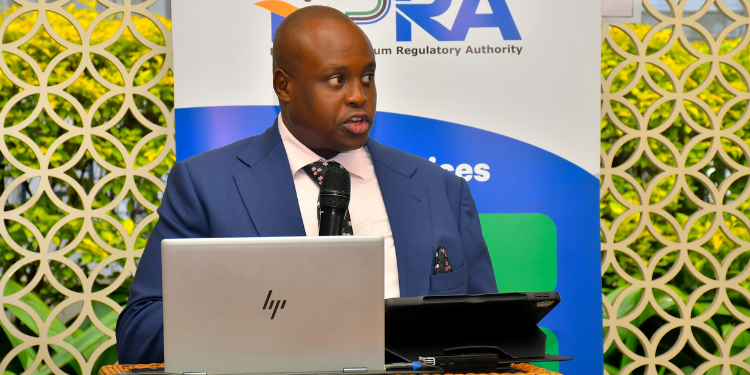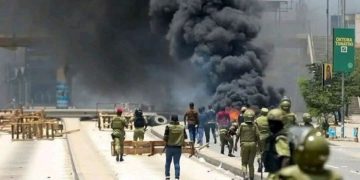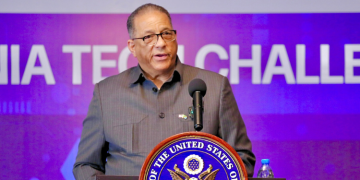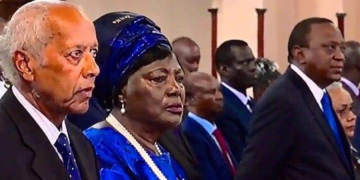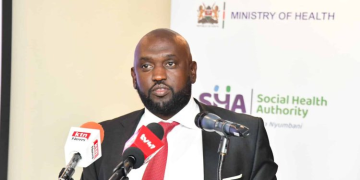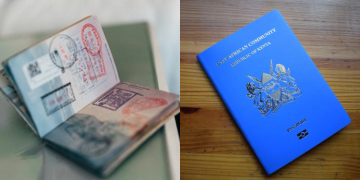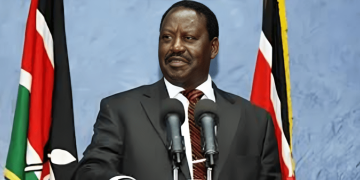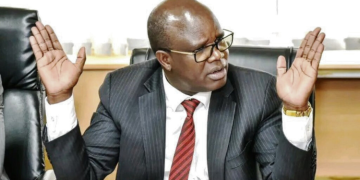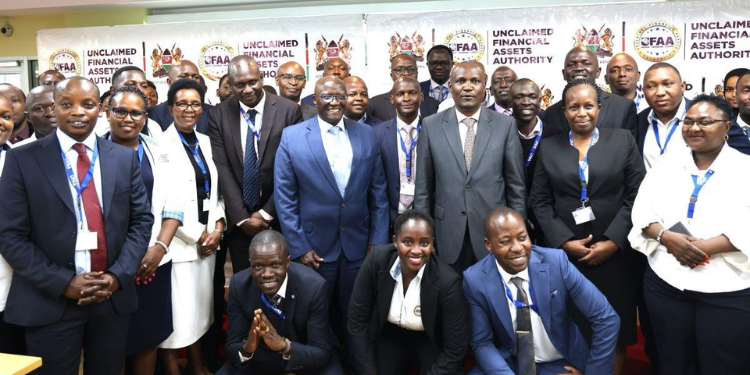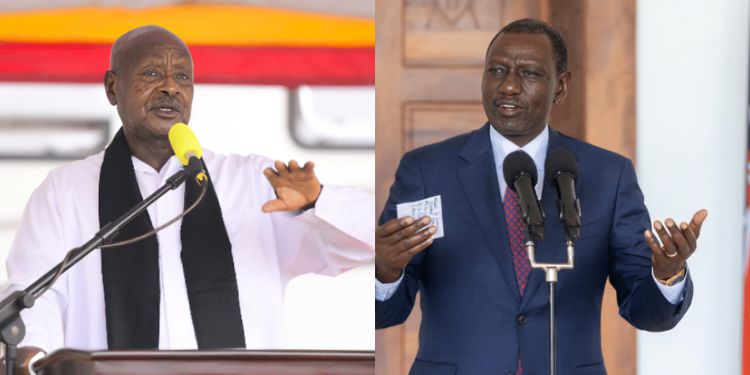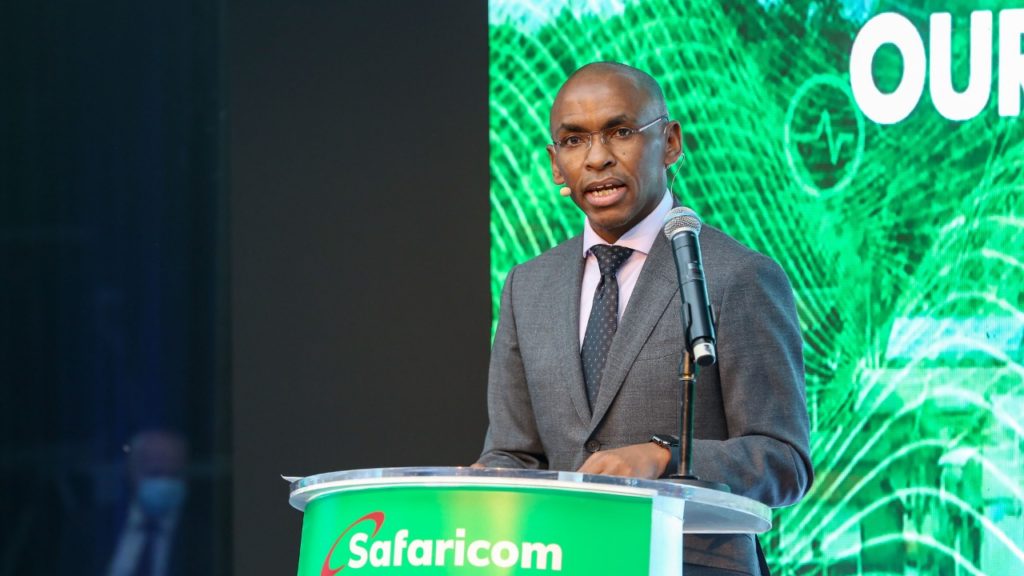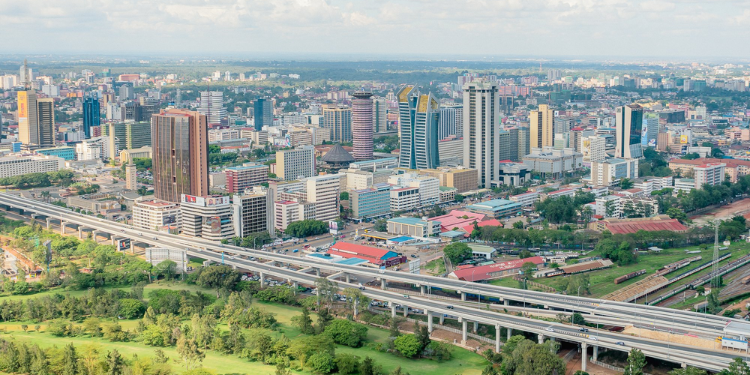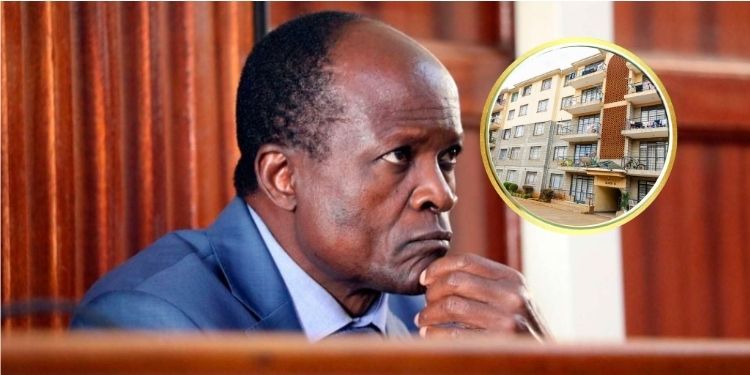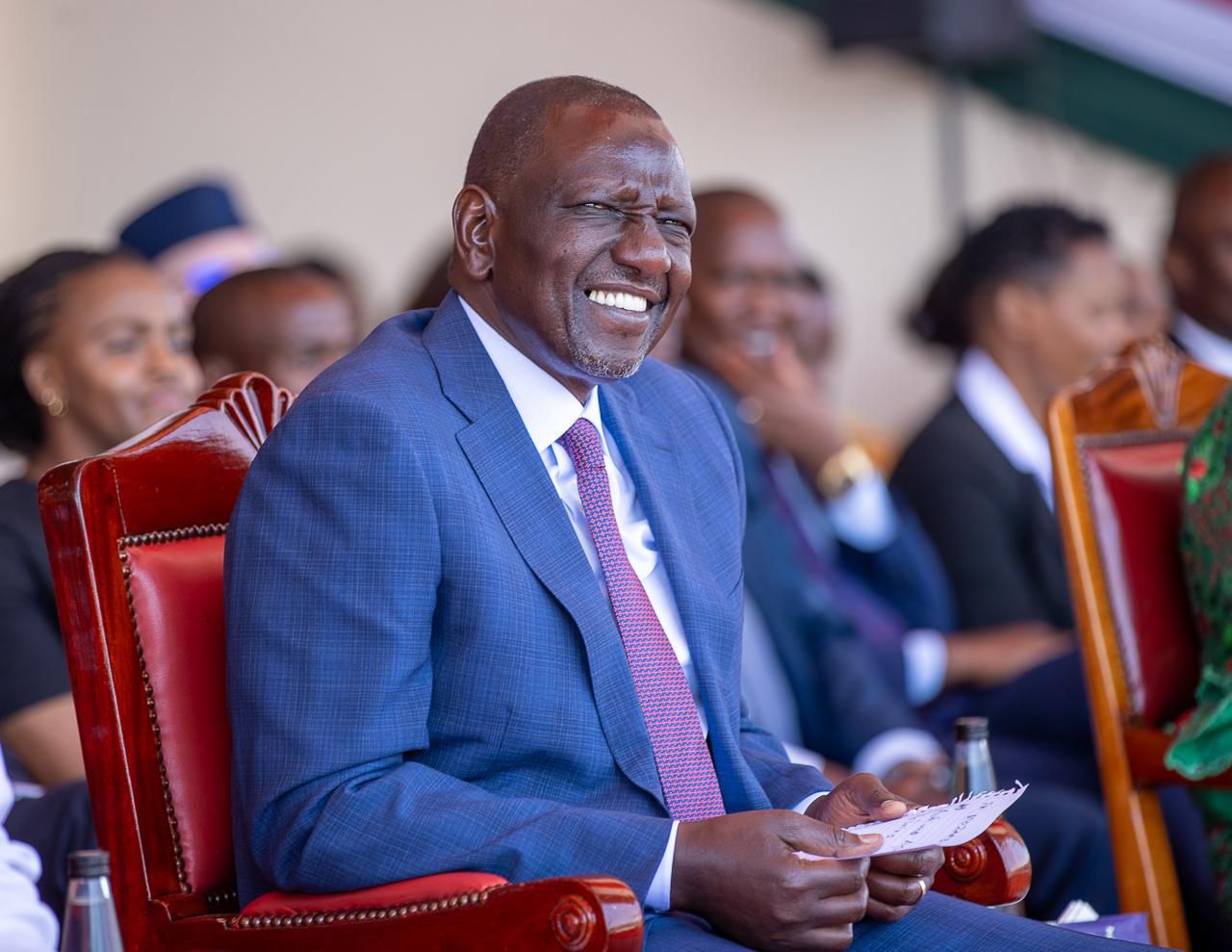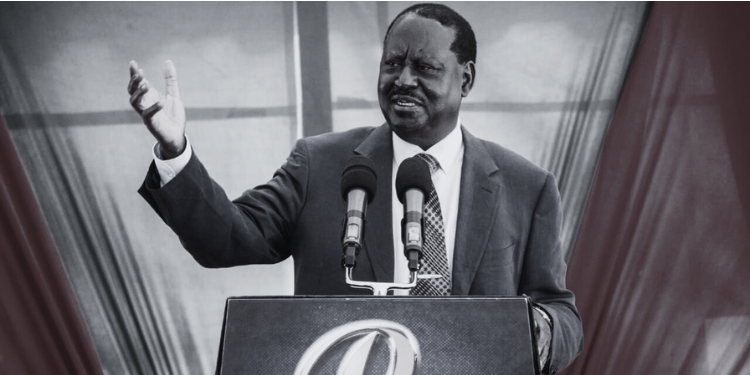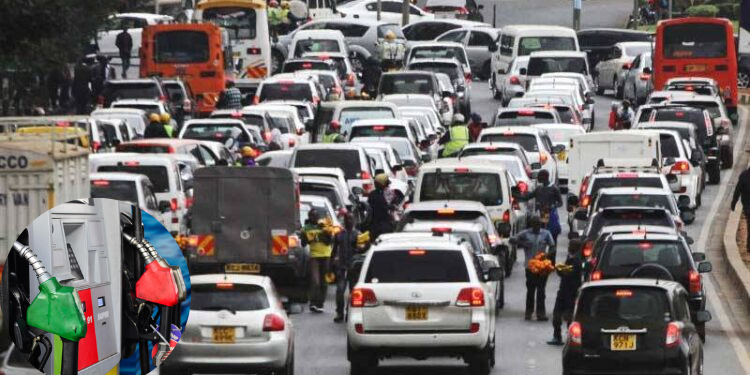The Motorists Association of Kenya (MAK) has called for the immediate disbandment of the Energy and Petroleum Regulatory Authority (EPRA), accusing the agency of exploiting Kenyans through politically motivated and opaque fuel pricing.
This comes after EPRA on Sunday, September 14, reduced pump prices for Super Petrol, Diesel, and Kerosene by Ksh0.79, Ksh0.11, and Ksh0.80 per litre, respectively.
In a strongly worded statement, MAK described the fuel price review—coming just after last month’s one-shilling reduction—as “an affront to motorists and the Kenyan public at large.”
Kenyan Motorists Call for EPRA Disbandment Over ‘Insulting’ Fuel Price Review
The association said EPRA’s pricing model has, for over a decade, imposed unfair costs on consumers, inflating the cost of living while failing to reflect actual economic realities.
“It is a slap in the face of hardworking Kenyans who have been made to shoulder the burden of a deliberately inflated cost of living for over a decade,” MAK said.
“We demand the immediate disbandment of EPRA and either a return to the transparent ERC formula or a reversion to a free market. The government has no business setting fuel prices.”
Also Read: Kenyans Brace for Tough Times as Global Oil Prices Rise Ahead of EPRA Review
MAK recalled that before 2013, fuel prices were guided by market forces and later, under the Energy Regulatory Commission (ERC), by a transparent formula jointly monitored with stakeholders, including them.
That system, they say, ensured fairness and accountability. However, the association argues, this transparency ended when EPRA replaced ERC, giving “politically appointed directors” the power to set prices without public explanation.
“The result has been thirteen years of punitive, politically motivated fuel pricing that has no basis in economic reality. Fuel prices are now a tool for easily available revenue extraction – a tax collector’s paradise, rather than a fair reflection of global oil markets,” MAK said.
The group also criticized the monthly price review cycle, calling it unnecessary given that fuel procurement follows a three-month cycle.
Also Read: Kenyan Drivers Angry Over Boda Boda Riders’ Harassment and Attacks
MAK Wants Fuel Procurement to Return to Open Tendering
They added that it serves only to keep Kenyans anxious and condition them to accept exploitative unpredictable price hikes that keep the transport industry on the edge.
MAK further criticized government fuel procurement practices, describing current government-to-government arrangements as opaque and prone to cartels and backroom deals.
“Fuel procurement must return to open tendering (OTC) to ensure transparency and allow market forces to work,” the statement said.
“Fuel is not a luxury; it powers our transport sector, economy, and livelihoods. Instead of protecting the public, EPRA has become the enabler of exploitation.”
The association demands either a return to the transparent ERC formula or a full reversion to a free market system, warning that continued political interference in fuel pricing fuels rising transport costs, slows economic growth, and worsens the cost of living.
“Let market forces work – and if the government wants fuel revenue, let it do so transparently, not by hiding behind a flawed price control mechanism that robs motorists to feed political opulence,” MAK added.
MAK said the high cost of fuel is the engine behind skyrocketing bus fares, slowed economic growth, and the suffocating cost of living.
Follow our WhatsApp Channel and X Account for real-time news updates.
